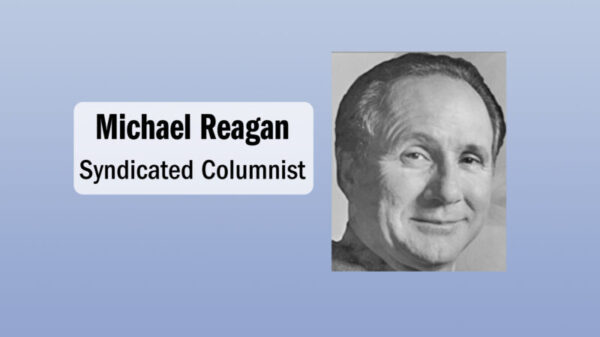The disparity in health care spending between the United States and other industrialized nations raises significant concerns regarding the efficiency and accessibility of medical services. The U.S. allocates approximately 17 percent of its gross domestic product (GDP) to health care, while countries with universal health systems spend between 9 percent and 12 percent. This difference in expenditure correlates with a notable gap in life expectancy, as residents of nations with universal coverage live, on average, two years longer than their American counterparts.
Financial burden due to medical expenses is a critical issue in the U.S. Reports indicate that 75 percent of personal bankruptcies are linked to medical debts. This alarming statistic highlights the direct impact of health care costs on American families, contrasting sharply with the experiences of individuals in countries that provide universal health care. In these nations, citizens are shielded from medical debt, fostering a system where health care is viewed as a right rather than a financial burden.
Global Comparison of Health Care Systems
A closer examination of health care systems worldwide reveals a trend: nations offering universal health care generally enjoy lower costs and better health outcomes. Countries such as Canada, the United Kingdom, and various European nations have implemented systems that prioritize access and affordability. These models emphasize preventive care and a streamlined approach to health services, resulting in improved overall public health.
In contrast, the fragmented nature of the U.S. health care system often leads to inefficiencies and higher administrative costs. Patients frequently face out-of-pocket expenses that can deter them from seeking necessary care. The reliance on employer-sponsored insurance further complicates access, leaving many without adequate coverage.
Advocates for universal health care in the United States argue that a more equitable system would alleviate the financial strain on individuals and families. They point to the success of universal models in enhancing public health and reducing the burden of medical debt. As discussions surrounding health care reform continue, it remains essential to consider the experiences of other nations as potential templates for improving the U.S. system.
Addressing Health Care Inequities
The conversation about health care reform in the United States is not merely about costs; it is fundamentally about equity and access. The stark reality is that many Americans forgo necessary medical treatment due to prohibitive costs. This situation prompts a reevaluation of existing policies and a push towards comprehensive reforms that could include universal health care options.
Public opinion appears to be shifting as awareness grows about the consequences of high health care costs. Polls indicate that a significant portion of the population supports initiatives aimed at expanding coverage and reducing costs. The debate is likely to intensify as more citizens experience the direct effects of medical debt and the inadequacies of the current system.
As the United States grapples with its health care challenges, examining the successes of universal health systems abroad could provide valuable insights. By prioritizing health care as a fundamental right, the nation may move closer to a system that ensures equitable access for all individuals, ultimately improving health outcomes and financial stability.







































































